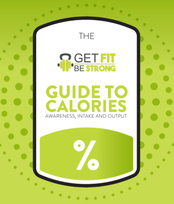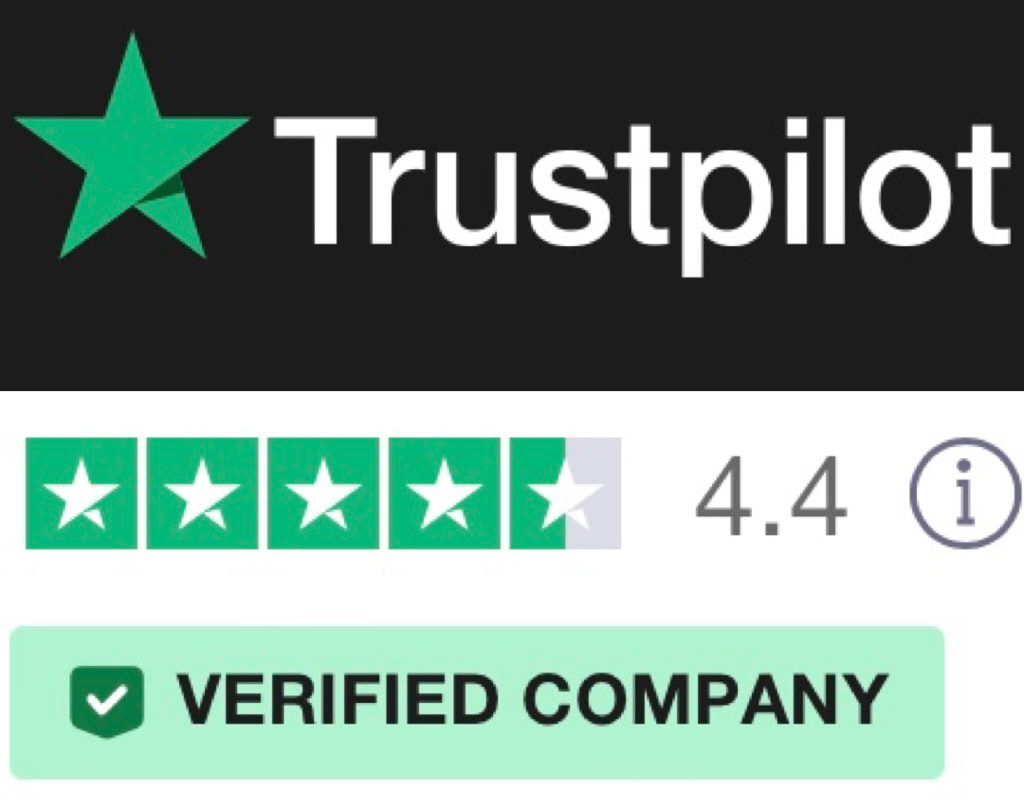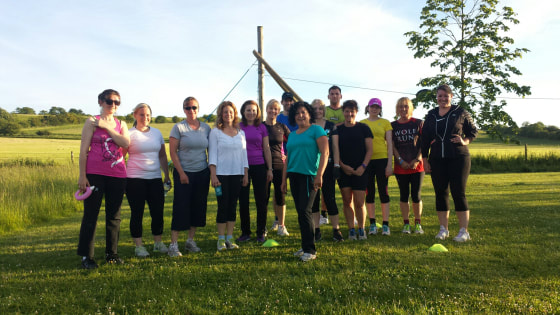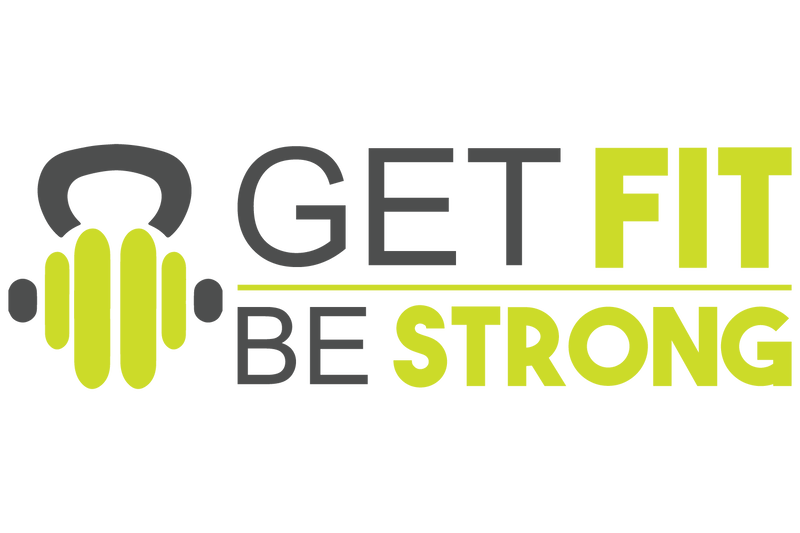|
In recent years, intermittent fasting has gained significant attention as a popular dietary approach for weight loss and overall health improvement. This eating pattern involves alternating cycles of fasting and eating within specified time periods. This could be a set number of hours (some people choose days although the evidence is mixed on this). So you would only eat between 12PM-8PM, or 2PM-9PM for example. The window is down to you to choose. While intermittent fasting has been praised for its potential benefits, it is essential to understand both its advantages and drawbacks before incorporating it into your lifestyle. Benefits:
I wake up early and may only have a coffee for the first hours of the morning and then wait until lunch to eat my first main meal. For me it just depends. See what works for you. Remember though, if fat loss or maintenance is your goal, whatever you consume within your feeding window still has to be below or within your bodys calorie need. It isn’t an excuse to only eat cookies, pizza and down 2 bottles of wine. You still need to have an awareness of your total intake, it just is likely that if you stick to your regular meals in the window you should consume less calories overall. I hope that gives you an insight. Any questions let me know or if you have tried or used intermittent fasting let me know how got on with it.
0 Comments
Leave a Reply. |
AuthorMe, myself and I posting information about fitness, health and many things wellness. Archives
January 2024
Categories |
|
Start Well now DOWNLOAD YOUR FREE CALORIE GUIDE. Or choose the Start Strong Workout Guide |

 RSS Feed
RSS Feed







